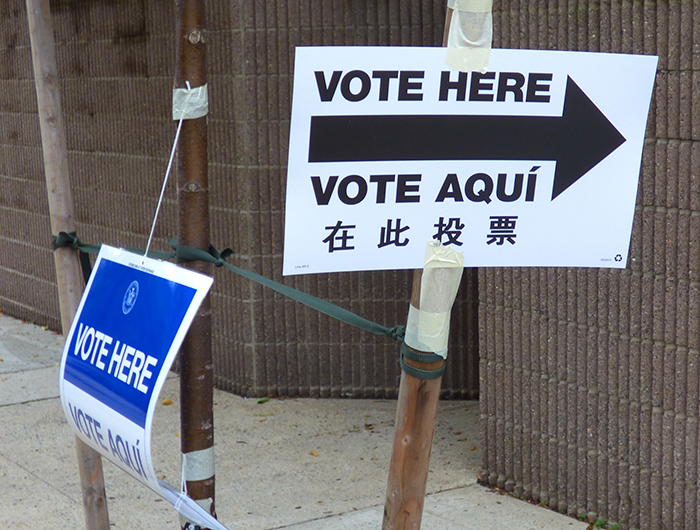How did the NYC Board of Elections do during Tuesday’s primary?

Eyes were on the Board of Election’s (BOE) performance during Tuesday’s Congressional primary after numerous foul-ups during last April’s Presidential primary.
These included the alleged improper purging of 120,000 Brooklyn voters, poll sites opening late, misinformed poll workers and malfunctioning voting machines.
Rep. Nydia Velázquez had asked for Federal election monitors after learning that many of the purged voters were Hispanic and live in her 7th Congressional District, which spans sections of Brooklyn, Manhattan and Queens. The purging of voters with Hispanic surnames in Sunset Park, East New York, and parts of Bushwick and Williamsburg suggested “a targeted pattern of voter suppression,” Velázquez wrote to U. S. Attorney General Loretta Lynch.
